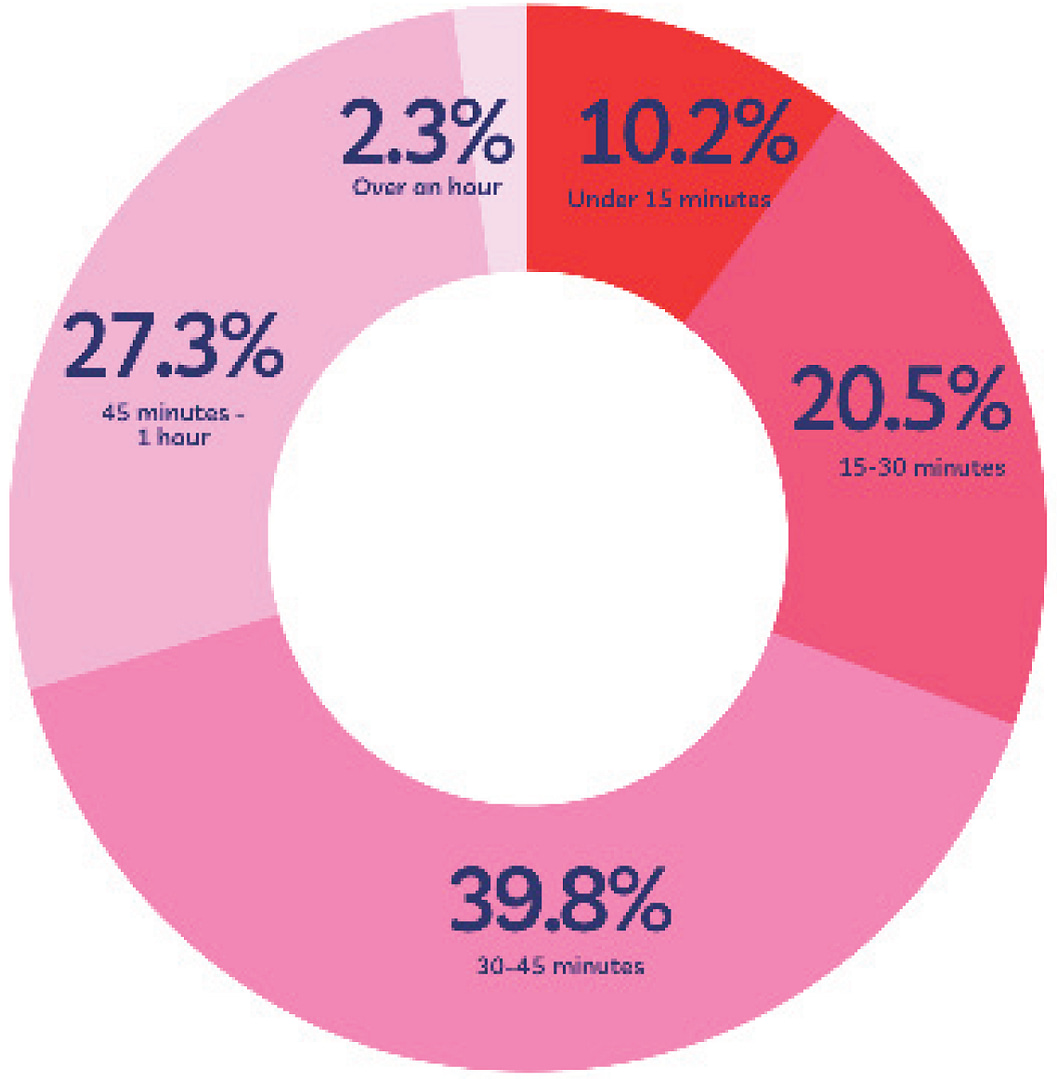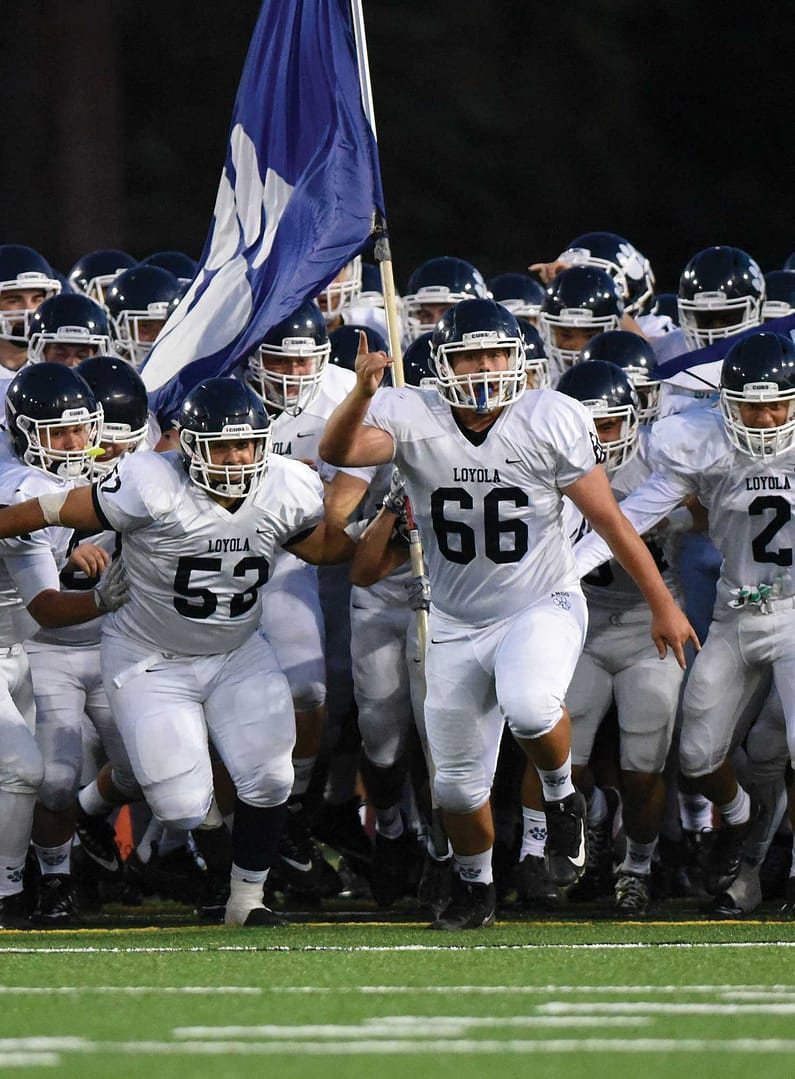Throughout the contentious election battle between Hillary Clinton and Donald J. Trump, many Loyola teachers integrated political discussions into their classes.
Social science teacher Thomas Goepel, who teaches AP U.S. History, used history to show that the insult-filled campaign was not an anomaly in presidential elections.
Goepel said, “Whether it was in the Federalist era or the Jacksonian era or in Lincoln’s time, this election is not the first time that politics has turned into personal cheap shots and ridiculous, exaggerated, distorted personal attacks, although Trump in particular has taken the vitriol to a new level of incivility.”
Goepel said that he usually discussed the election as an aside to normal class material.
“I do try in the fall of election years to devote a bit more class time to the election, usually to draw parallels to other times in U.S. history,” Goepel said.
He also said that due to the fast-paced AP curriculum he teaches, he often cannot devote a large amount of class time to the election.
“I think it’s great for students to zero in on what’s happened in the past in order to better understand the present. I think that knowing that horrific, slimy mudslinging occurred in many past U.S. elections should reassure us that we haven’t necessarily entered a wicked new age of defamation,” Goepel said. “[But] now, we have social media and many different cable channels that are running 24 hours a day and spewing all of this out, and that to me is the major difference.”
Senior Luke McKenna, who has had Goepel for two years, said that discussing politics in the classroom is beneficial because it pushes students to reflect on their beliefs.
“The debates are intellectually stimulating and a lot of fun, and they make you go out and find resources or citations so you know what you are talking about,” McKenna said.
Theology teacher Scott Johnson said he sometimes felt compelled by the content of the theology curriculum “to formally and informally address modern political issues and asses particular actions by politicians in light of the Church’s social and moral teachings.”
Johnson said that he takes great care in how he approaches political discussions in his classes. He also said that his careful style in these discussions was challenged by the especially contentious nature of this election.
“Besides being informed about the Church’s teachings, my students and I must also be informed about the political issues,” he said. “I strongly feel I must be very vigilant that such an official responsibility does then not generally translate to me telling my students what exact candidates they must then endorse and what specific political party they have to join.”
Johnson said that teaching in a biased manner would ruin the educational value of political discussions. “Students with such a politicized teacher might be pressured to simply please the teacher and be prevented from having the open classroom environment required for them to freely develop the skills they will need in the future for prudently deciding how faith should inform their later political choices.”
English teacher Thomas Marsh incorporates politics and current events into his class discussions as a learning mechanism through language. “I tend to focus not on policy, but rather on propaganda through a linguistic level, such as how the candidates message us to try and shape consciousness,” Marsh said.
He uses primarily discussion-based activities during classes and wants to keep the discussion debate-free to allow students to perceive common understandings from both sides of the aisle.
Marsh said that he employs these political discussions in order for his students to comprehend why they think what they think.
“I’m not interested in trying to change a person’s political alignment, but I am trying to enlighten my students by waking them up to the realities of how they arrived at their beliefs,” Marsh said.
With discussions focused on how candidates convey their messages rather than the content, Marsh’s students learn that language is organic and is shaping modern culture.
“This is a challenging environment for any citizen to receive objective information because it is often filtered, so I want my guys to be able to break that filter and seek information that is pure,” Marsh said.
By focusing on the linguistic components of modern political messages, Marsh said that his students learn that interpreting language becomes a survival mechanism rather than a humanities-focused dream-scape.
Junior Daniel Mariscal, current student of Marsh, said that political discussions in class are healthy in a controlled environment because they open up different perspectives.
Mariscal said, “Talking about politics in the classroom is great because it shows that people at Loyola care about the direction of this country and that everyone is keeping up with the news so that we can have intellectual debates in class.”








Comments are closed.